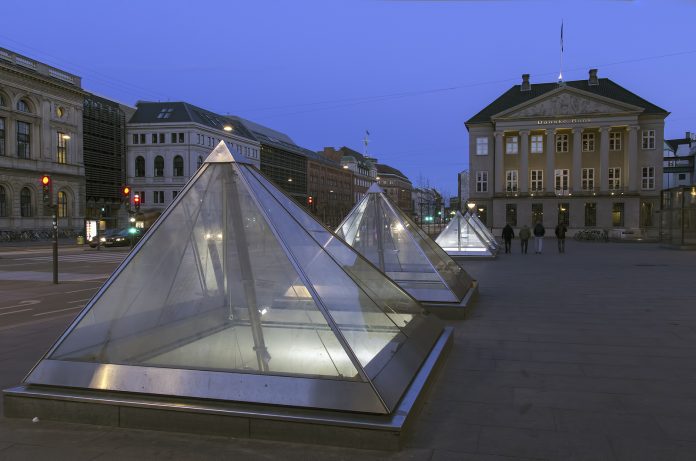Denmark’s biggest bank is making newspaper headlines for all the wrong reasons. Danske Bank is accused of helping to launder $8.3bn through an Estonian subsidiary.
The Danish daily Berlingske broke the story last year when it reported that the bank was behind the laundering of around $3.9bn of dirty money from a string of Eastern European countries. But the newspaper has now reported that the real figure is more than twice that.
“This gravely serious case will become much worse if the latest information is correct,” Denmark’s business minister Rasmus Jarlov said on his Twitter account. “This casts a shadow of doubt over the entire financial sector.”
Jarlov also said that the Danish Financial Supervisory Authority is reviewing the information which appeared in Berlingske.
As reported by the Agence France-Presse (AFP), the watchdog is in contact with its Estonian counterpart to discuss possible actions.
An audit in the spring concluded that there was no basis for raising criminal proceedings against the bank.
“It is too soon to draw any conclusions about the extent of potential money laundering in Estonia,” Danske Bank’s head of group compliance, Anders Meinert Jorgensen, told AFP in an email.
“That is the reason why we have not ourselves published figures or commented on speculations about potential amounts,” he added. “Until the investigations launched have been completed in September…it would be wrong to speculate any further.”
Meanwhile, Danske Bank’s share prices have fallen by over 25% over the past year on the Copenhagen Stock Exchange.
According to Bill Browder, CEO of Hermitage Capital, he has spent nine years tracking money laundering in the nation. “We are currently drafting a criminal complaint with the new information revealed about money laundering at Danske Bank that we intend to file with the Danish and Estonian law enforcement authorities,” Browder told AFP in an email last week.
The US-born British citizen said the money was laundered at Danske Bank’s Estonian branch between 2007 and 2015 after travelling through “a complex network of sham companies and money laundering banks” in Moldova, Estonia, Latvia, Lithuania and Ukraine.

